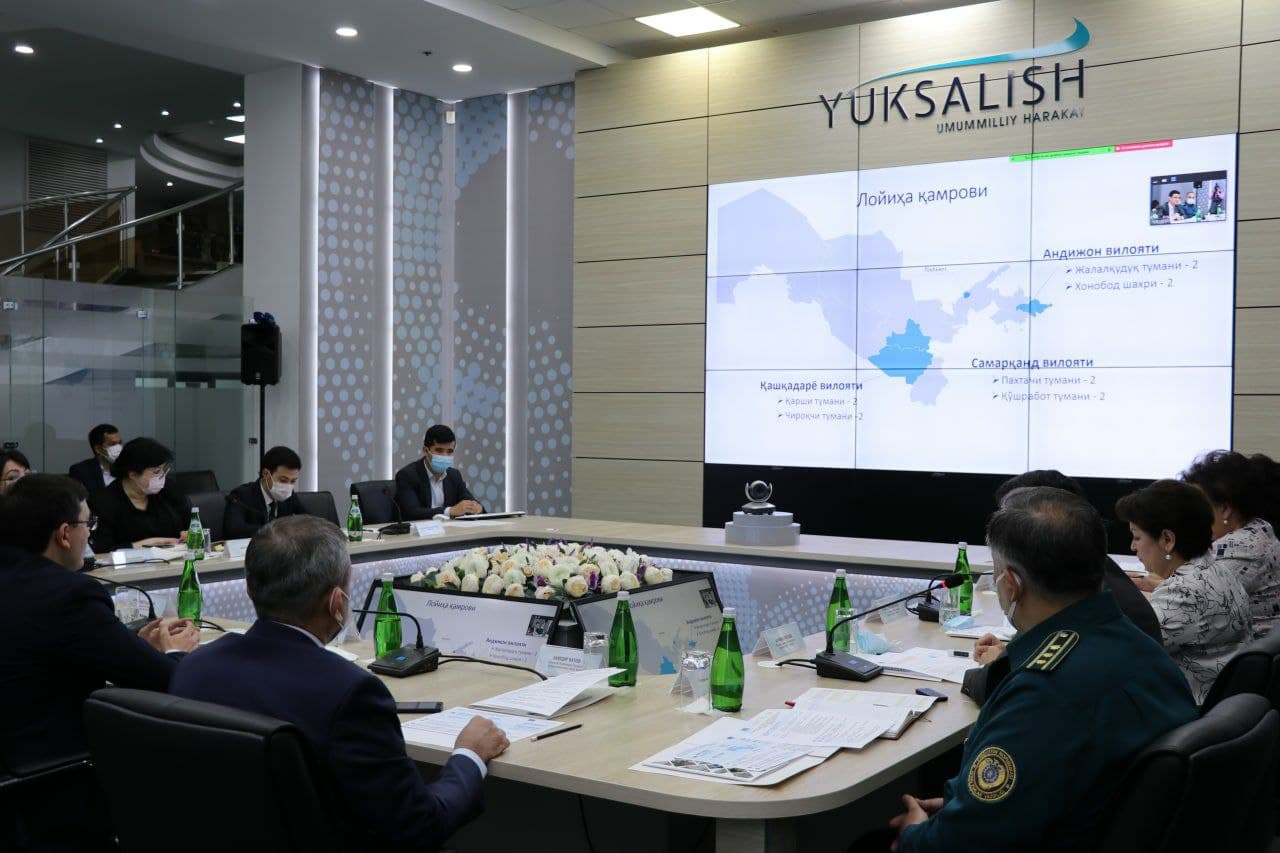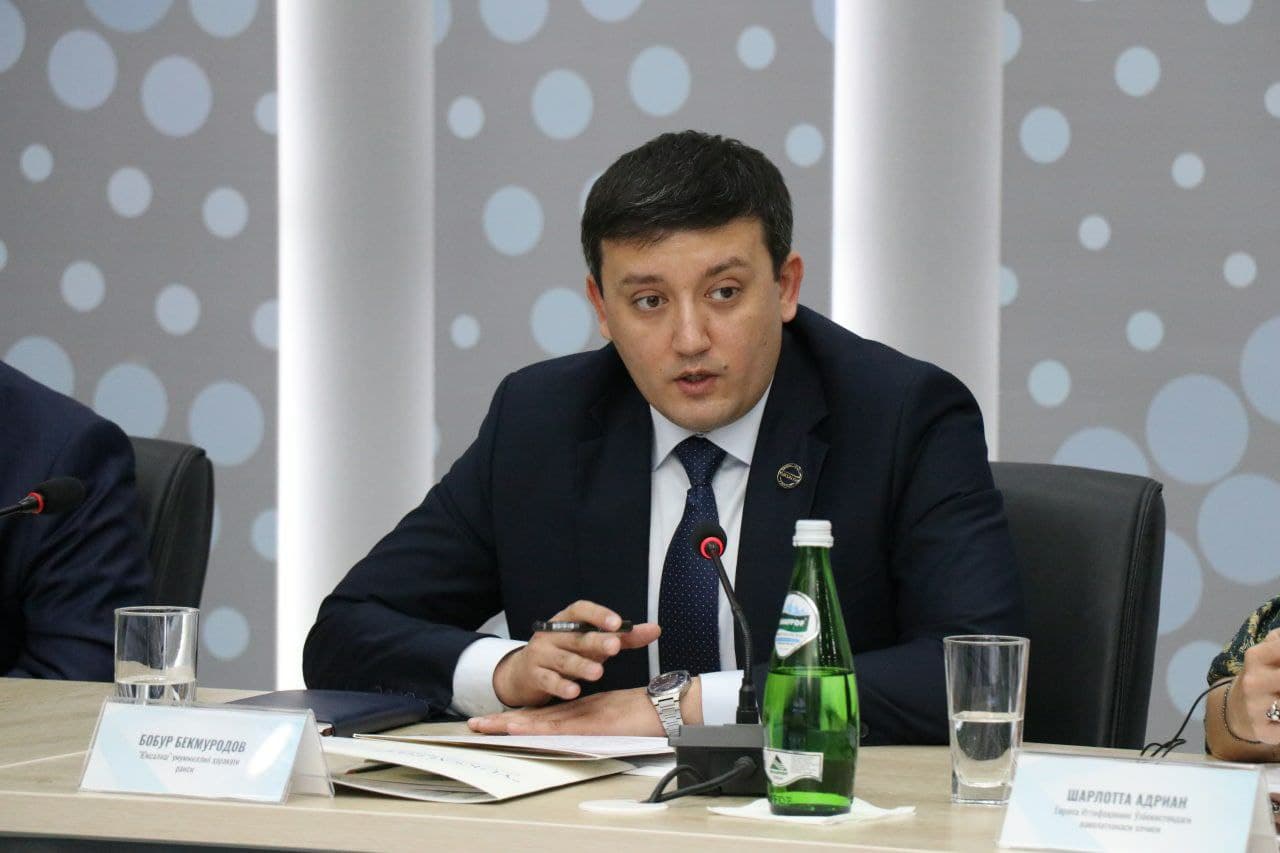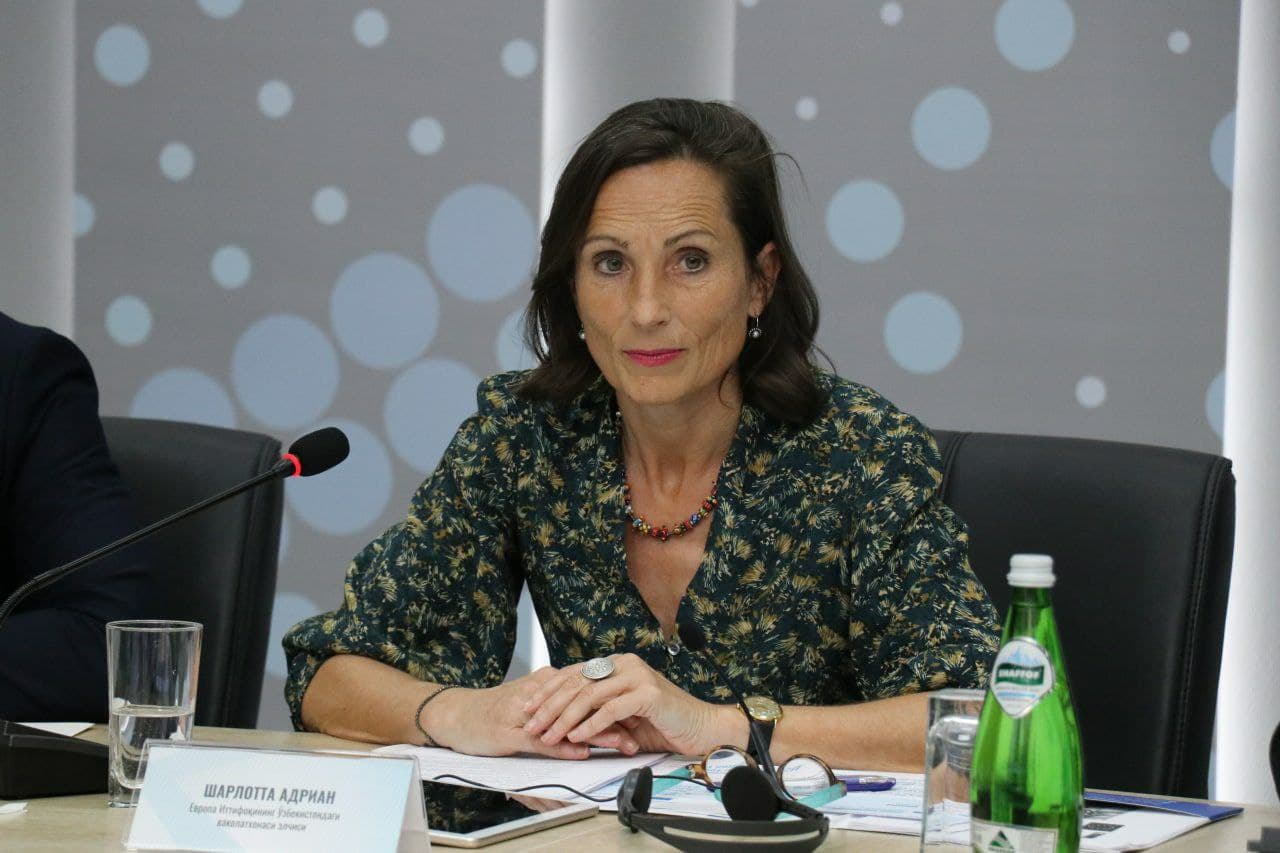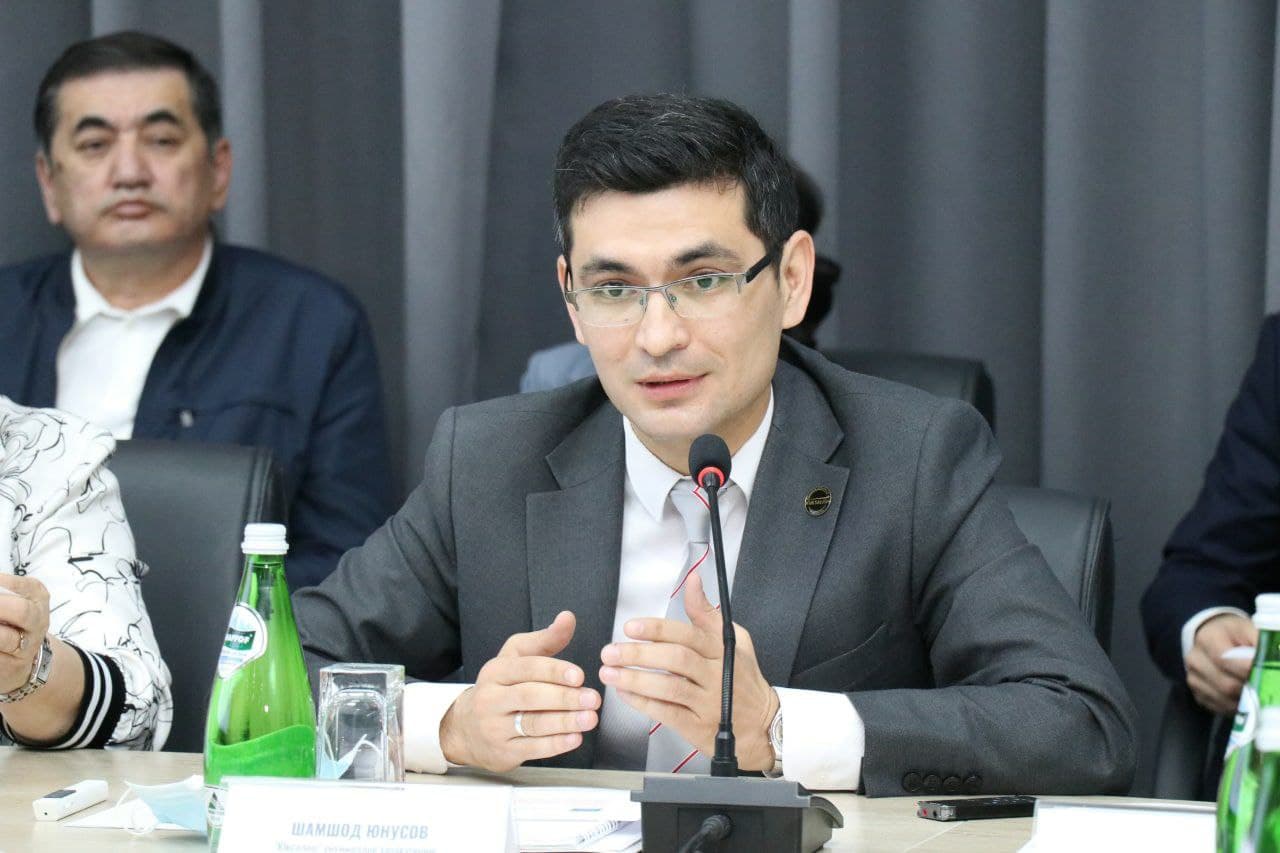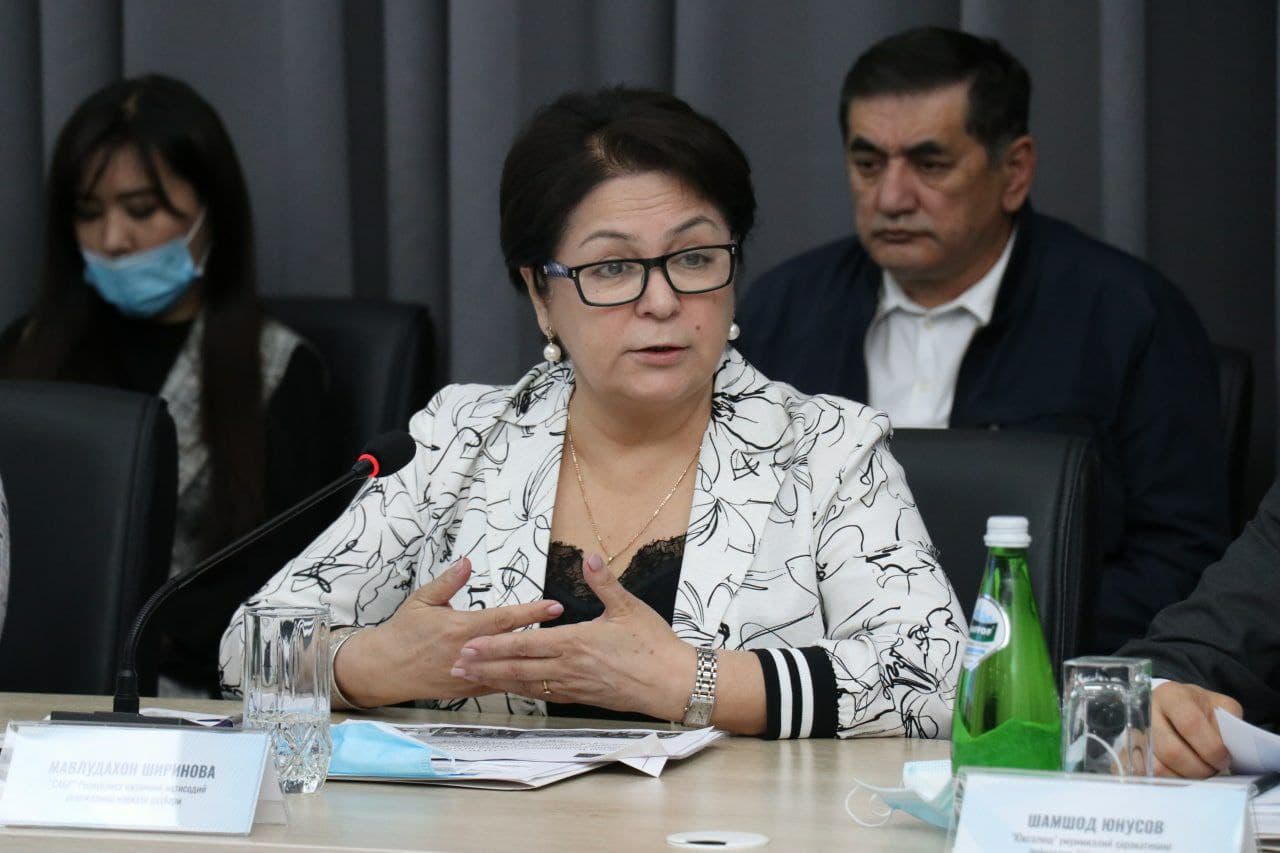The Nationwide movement “Yuksalish” in partnership with National Center for Socio-Economic Development “Sabr” and Republican Social-Information Center “Istiqbolli avlod”with the financial support of the European Union (total amount of 1 million euros) launch the project “On mitigation of the COVID-19 pandemic to public society in Uzbekistan”. It is aimed at assisting the Government.
The initiators announced the project financed by the European Union on April 16 of this year during a national consultative meeting with stajeholder meetings and the representatives of the Delegation of European Union to Uzbekistan.
The international financial institutions forecasted that growth in Uzbekistan would decline to about 1.5 per cent, owing to contraction in external trade and internal economic shocks. The pandemic had consequences in the progress made in the transition to a market economy, the growth of the private sector and the attraction of foreign investment. Due to the COVID-19 outbreak, the number of unemployed increased significantly. With the COVID-19 pandemic, vulnerable groups are at risk of becoming even more vulnerable, and developing countries and communities risk falling further behind. The increase in the number of returning migrant workers has placed a strain on the State’s social protection and health system.
Social distance measures create the risk that disabled individuals will not be able to receive home assistance on a regular basis. The outbreak of the virus has increased the isolation of disabled individuals, revealed gaps in national systems and barriers to the accessible environment (hospitals, households, quarantine facilities, etc.).
The EU program addresses elimination of the humanitarian, health, social and economic consequences of the crisis. The project considers short-term needs as well as longer-term structural impacts on society and the economy, thus reducing the risk of destabilization. It is aimed at strengthening the activities of both Government bodies and NGO.
Within the framework of the program, it is planned to identify and assist, financially as well as non-financially, impoverished groups of the population in remote rural areas of Andijan, Samarkand, Tashkent and Kashkadarya regions over a period of 18 months.
In particular, projects to be implemented by three non-governmental non-profit organizations will aim at:
- Financial assistance for 350 families with 3.5 million UZS per family (1.3 billion in total);
- Grants for 185 start-up projects (3 billion in total);
- Equipping 12 health facilities (1.5 billion in total);
- Financial assistance for 400 migrant personnel (800 million UZS in total);
- Small scale infrastructure improvements in 12 remote rural areas;
- Entrepreneurial trainings for 2000 citizens listed in “Temir”, “Ayollar” and “Yoshlar” listings.
- Qualification enhancement of 900 representatives of Public receptions, makhallas, preventive inspectors.

